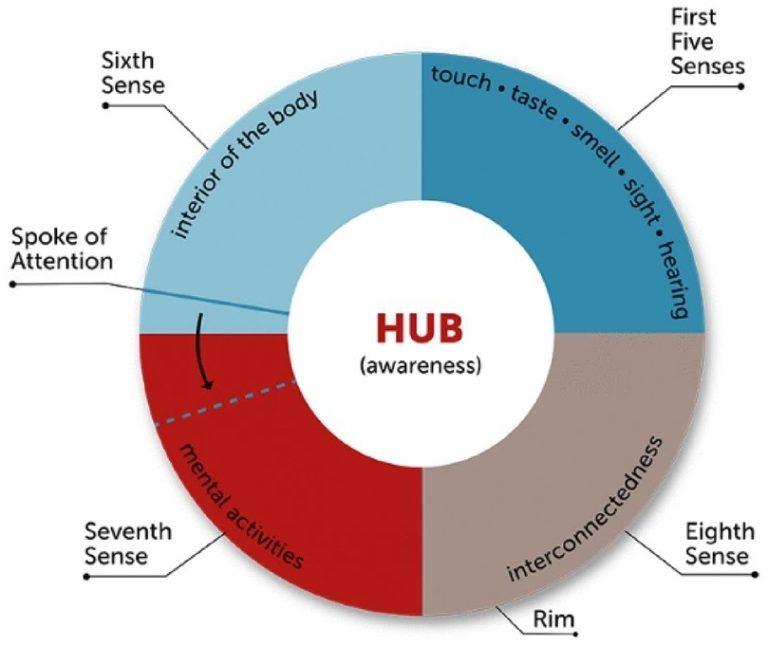
Navigating blended families
By Registered Social Worker, Sharon Walker
Many of us are experiencing life in a blended family. When we have experienced divorce/separation and are ready to start a new chapter in our lives, there are many things to consider, especially when one, or both partners are bringing children into the relationship.
The transition period for these families can be challenging and it can be hard to cultivate new relationships within the family unit.
Registered Social Worker and family therapist, Sharon Walker, acknowledges the struggles of these families.
“Creating a new sense of “home” can be both a difficult and an amazing thing,” says Sharon. “The first thing that may be helpful to remember is to be kind to yourself as the parent/step parent. As with any change, it is completely expected that everyone may be thinking about what the new family will look and feel like, even the things the family will rejoice in.”
A few things to consider in this situation:
- When we feel anxiety we know that our body and minds may be moving more quickly than usual. It may be helpful to remember that literally slowing down your speech, gestures and listening may be helpful in seeing and understanding each other and the entire family unit.
- Delight in the moments/reactions that make you smile. Say out loud in a clear manner what is so amazing. Acknowledging the good times is important.
- Physical touch that conveys love and comfort can never be under-estimated- a hug really is soothing and can help everyone connect.
- In the present moment there may be opportunity and challenge- act mindfully and be aware of the moments where no words are actually helpful and can actually be shared at a later point that may be “heard” differently. Reacting in the heat of the moment can create further tension.
Extreme Reactions:
Whilst we try to avoid extreme reactions in ourselves, when navigating new challenges and big changes in our lives; extreme reactions can happen.
It is helpful to remind yourself that regardless of who is reacting in this way, at the core of it is a need to reach out and connect and deal with BIG feelings.
A helpful tool/resource is the following link where Dr. Dan Seigel talks about the wheel of awareness.

https://www.wheelofawareness.com/
The purpose of this tool is to “help you focus and direct your awareness.” This is something that would be beneficial for the whole family as you work to create a new sense of home and all manage the different feelings you have surrounding the changes.
As explained on this website, “At different times it may be helpful to focus your attention on the…
- 5 main senses: taste, touch, sight, hearing, and smell
- 6th sense: gut sensations, breathing/respiratory, heart, muscles, bones, blood, etc
- 7th sense: mental activities such as thoughts, feelings, memories, beliefs, emotions, images, plans, and anything else on your mind.
- 8th sense: interconnectedness, the ability to connect to yourself, your neighbors, all other humans, plants, and Planet Earth as a whole, bringing compassion and kindness to others and to yourself.”
Please do not hesitate to reach out to a trained mental health professional with experience working with families should you require additional support and guidance.
At Brant Mental Health Solutions, all of our team offer free 15 minute consultations to help you make the best decision for you and your family. For more information, or to book, call 519.302.2300 or email reception@brantmentalhealth.com












 Sharon Walker, MSW, RSW
Sharon Walker, MSW, RSW Jordon Iorio Hons. BA, RSW
Jordon Iorio Hons. BA, RSW Christine Bibby, B.S.W., M.S.W., R.S.W.
Christine Bibby, B.S.W., M.S.W., R.S.W. Brianna Kerr, RSW
Brianna Kerr, RSW Danielle Vanderpost, RSW
Danielle Vanderpost, RSW Daniela Switzer, MA, C.PSYCH
Daniela Switzer, MA, C.PSYCH Tammy Adams
Tammy Adams Jade Bates, RMT
Jade Bates, RMT Caitlin Schneider
Caitlin Schneider Dr. Crysana Copland
Dr. Crysana Copland
 Amy Dougley
Amy Dougley Emily Green
Emily Green Bill Dungey, RSW
Bill Dungey, RSW


